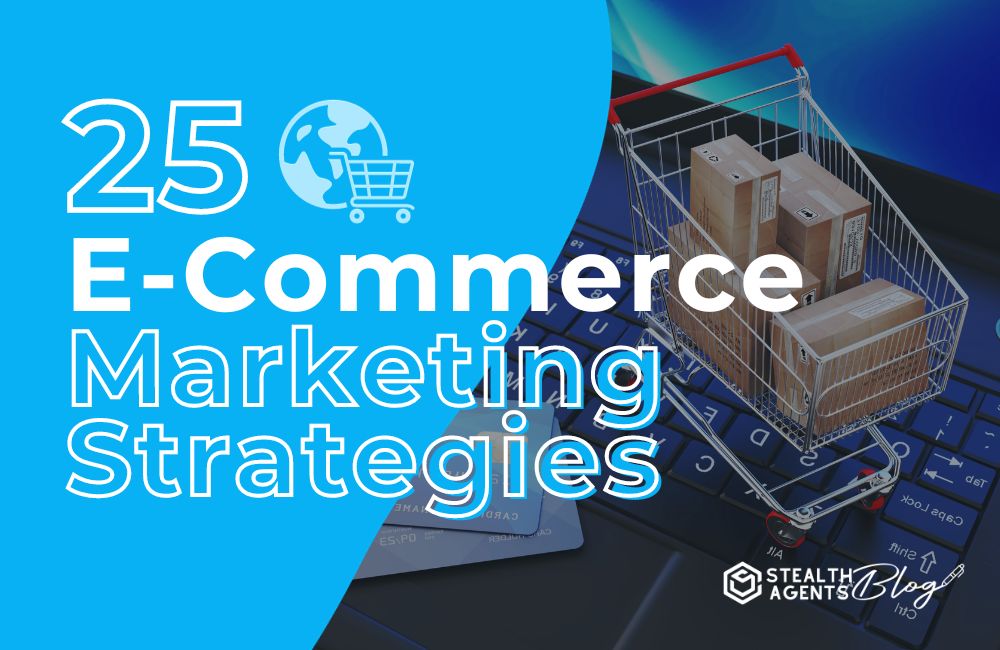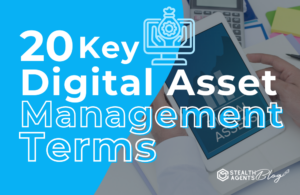E-commerce marketing strategies are reshaping the business world, with online sales expected to soar to $6.5 trillion by 2023.
For small to upscale business owners, startups, and entrepreneurs, mastering marketing strategies in e-commerce, including e-commerce marketing techniques, is vital to outpace competitors and expand market presence. Businesses can enhance their brand visibility and profitability by integrating b2b marketing strategies and relationship marketing.
Statistics show that utilizing innovative techniques can boost customer retention by 30%. As you delve into these essential marketing strategies for small businesses, remember the value of expert guidance to maximize results.
Stealth Agents provides crucial insights with free consultations on client preferences and virtual assistant pricing, ensuring your e-commerce success with the help of a virtual assistant is within reach.
What is E-commerce in Marketing?
E-commerce in marketing refers to using digital channels to promote and sell products or services online. E-commerce marketing strategies are essential for businesses looking to capture the attention of online shoppers and increase their market share.
These strategies often encompass a range of marketing strategies in e-commerce, such as search engine optimization, social media marketing, and email campaigns designed to drive traffic and sales. E-commerce marketing techniques include personalized recommendations and retargeting ads to enhance the shopping experience and boost conversion rates.
Leveraging data analytics to understand consumer behavior and optimize marketing efforts is one of the top marketing strategies. Implementing e-commerce marketing strategies efficiently can significantly elevate a brand’s presence.
Companies may also consider employing an outsourced personal assistant to manage routine tasks, allowing them to focus on crafting and implementing effective marketing strategies.
Integrating these diverse approaches ensures businesses stay competitive and thrive in the dynamic e-commerce landscape.
E-commerce Marketing Strategies
1. Search Engine Optimization (SEO)
Optimizing your website for search engines is crucial for driving organic traffic and increasing visibility in search results. This includes using relevant keywords, creating quality content, and building backlinks.
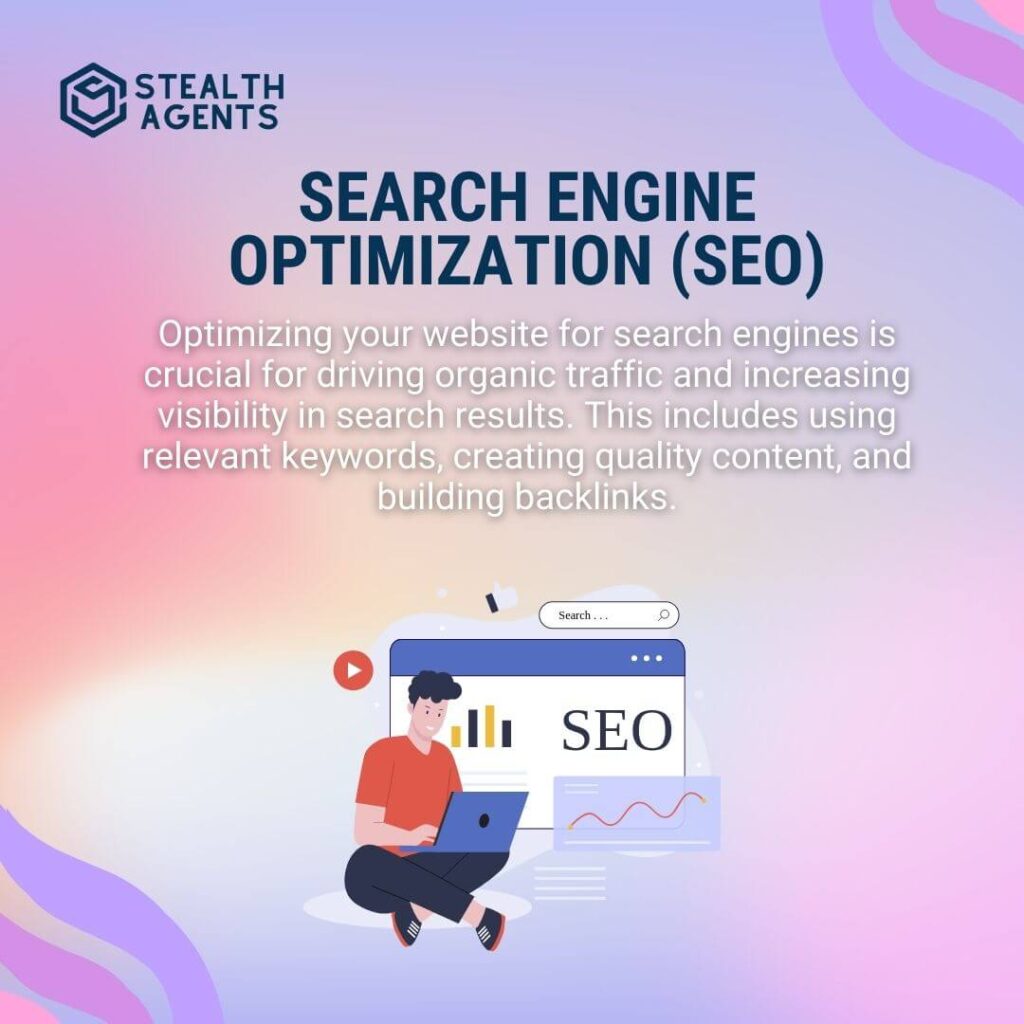
2. Pay-Per-Click (PPC) Advertising
PPC advertising allows you to target specific keywords and demographics, making it a highly effective way to reach your target audience. The two most popular platforms for this are Google AdWords and Facebook Ads.
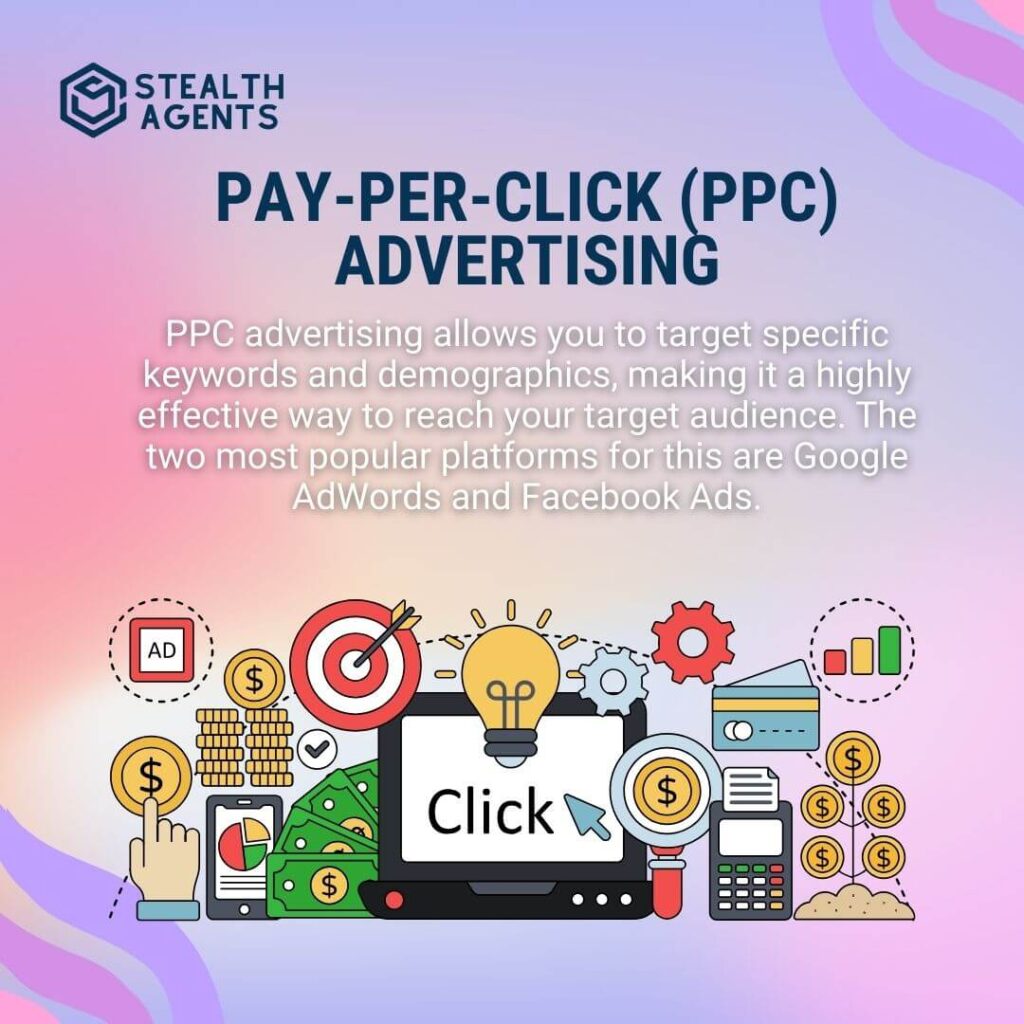
3. Email Marketing
Email marketing is a cost-effective way to communicate with potential and existing customers. You can use it to promote new products, offer discounts, or provide valuable content that engages your audience.
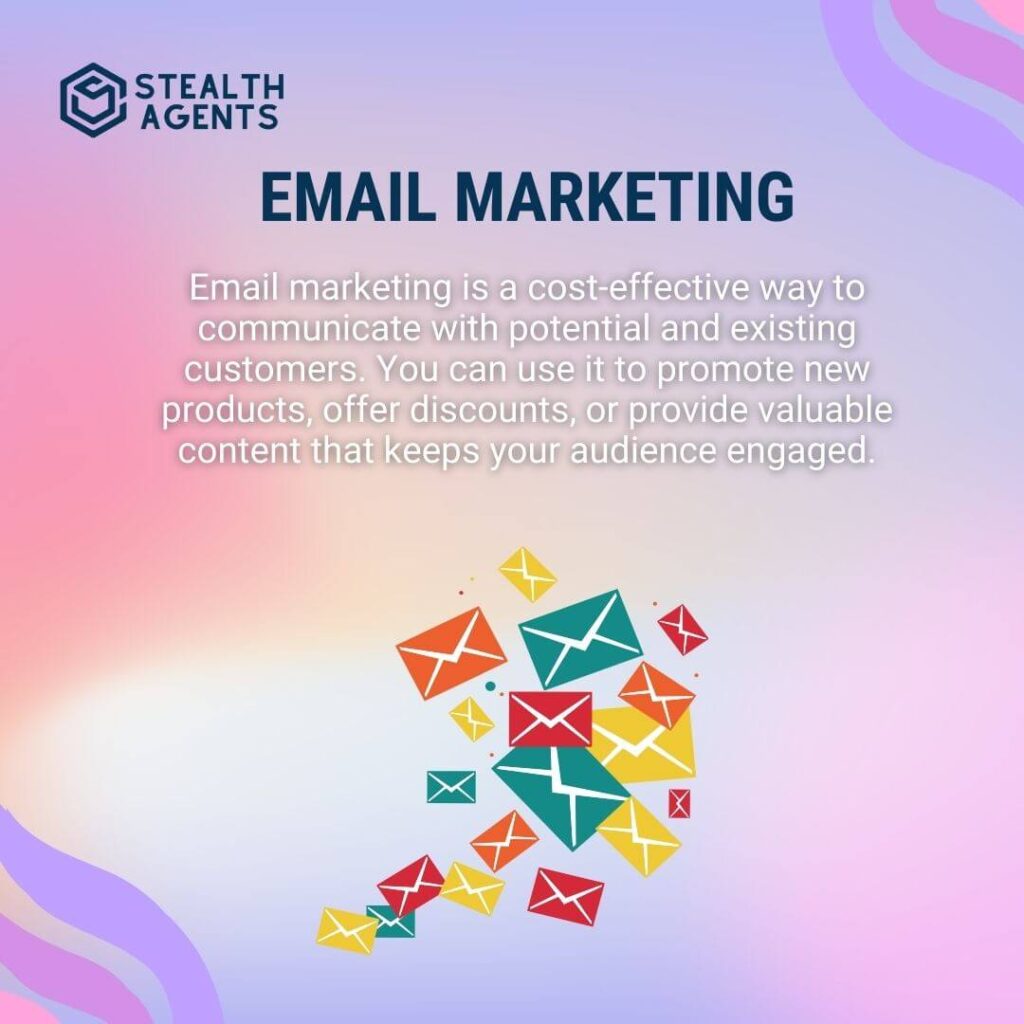
4. Social Media Marketing
Having a solid social media presence is essential for e-commerce businesses. It allows you to connect with your target audience, build brand awareness, and drive traffic to your website.
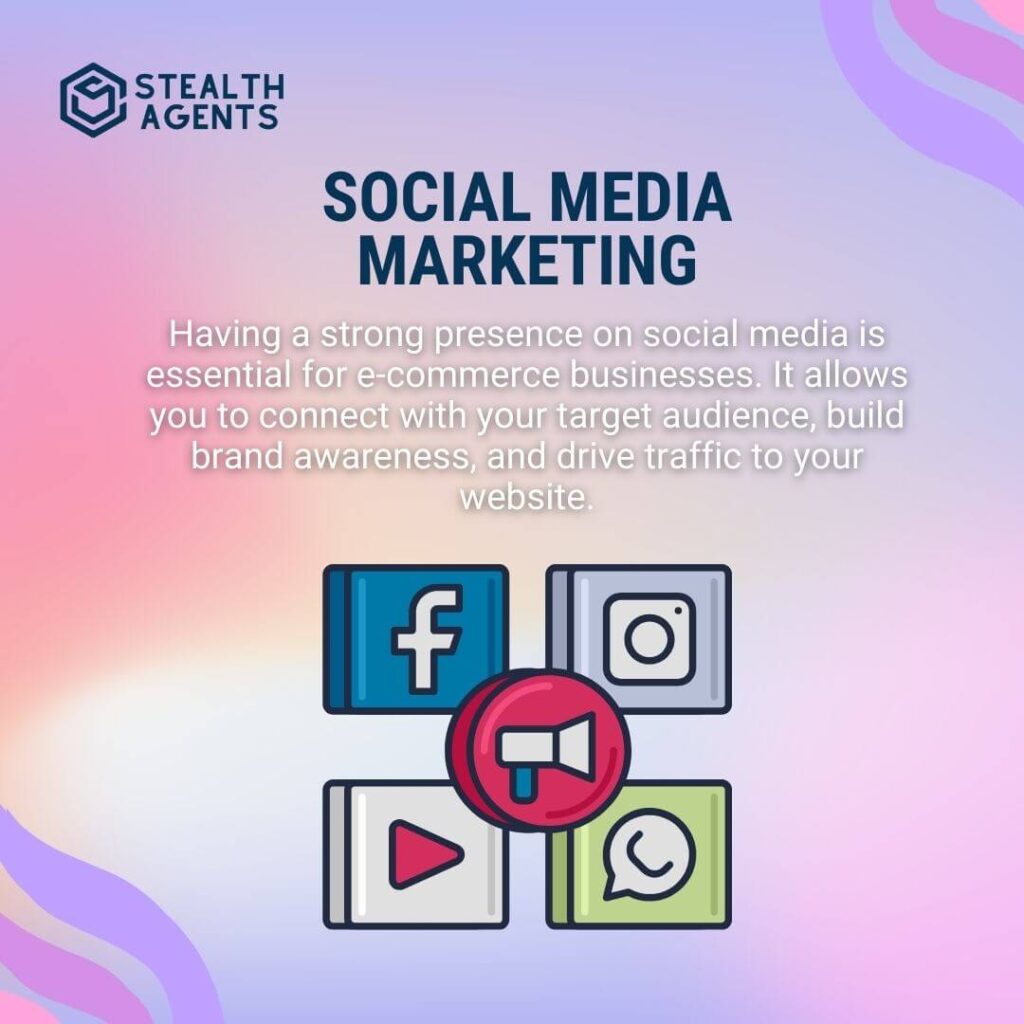
5. Influencer Marketing
Partnering with influencers who have a large following in your target market can be an effective way to promote your products. Their recommendations and endorsements can significantly influence purchasing decisions.
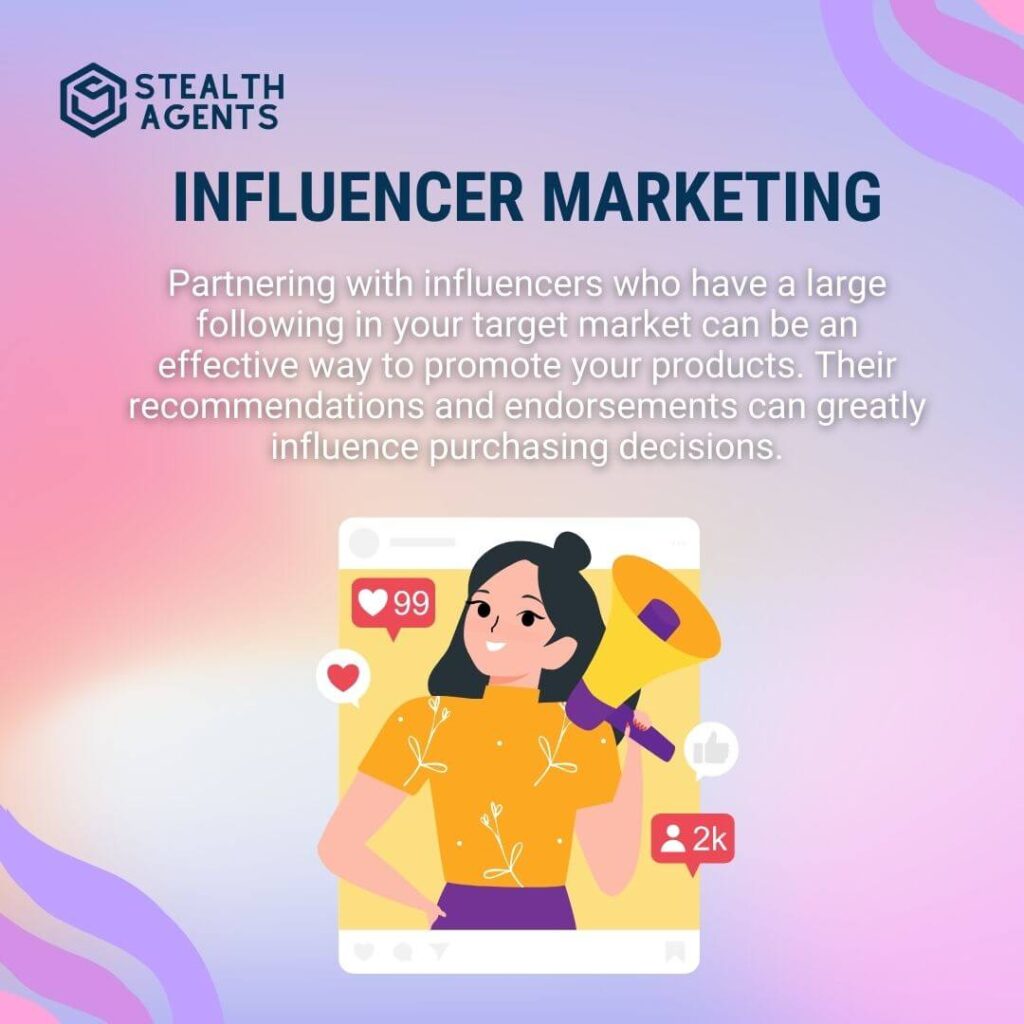
6. Affiliate Marketing
Affiliate marketing involves partnering with other websites or influencers who will promote your products for a commission on each sale they generate. This is a great way to expand your reach and boost sales.
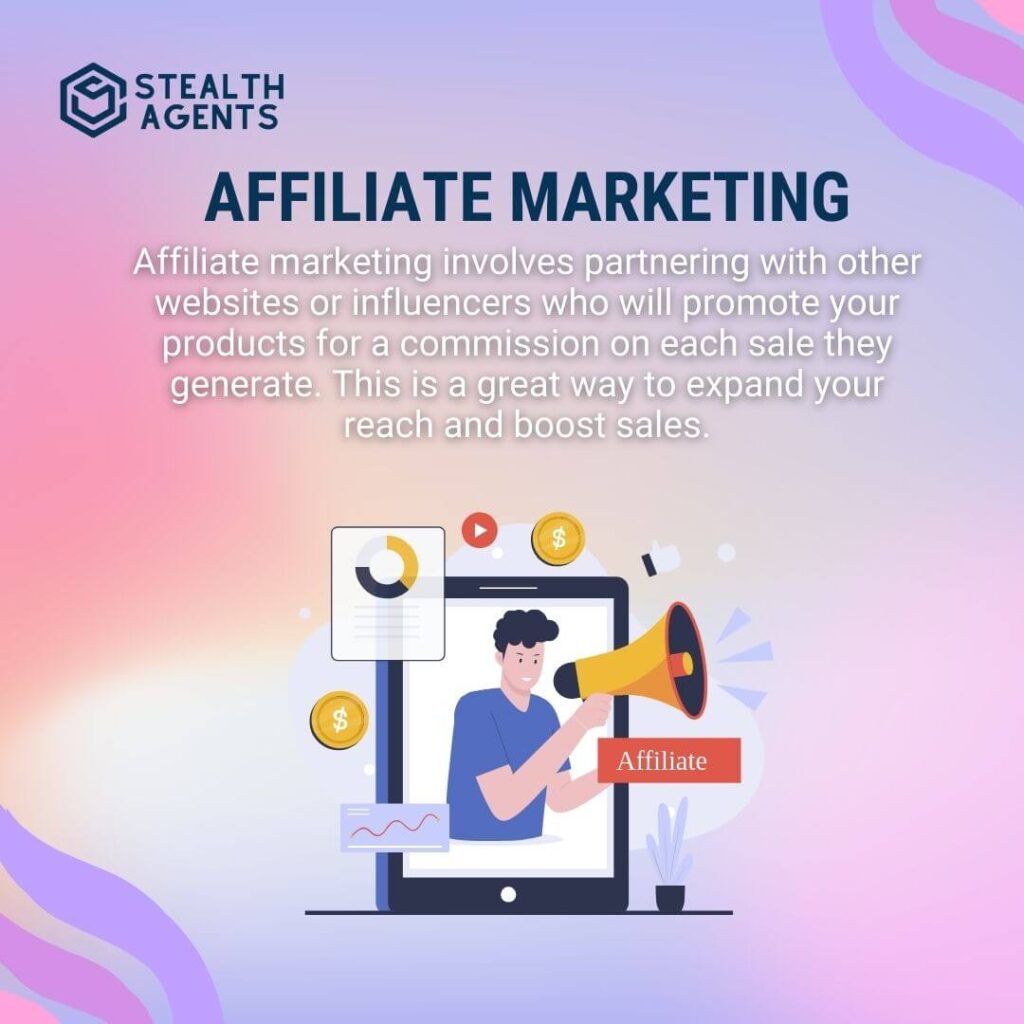
7. Content Marketing
Creating valuable and engaging content, such as blog posts, videos, and infographics, can help establish your brand as an authority in your industry and attract potential customers to your website.

8. User-Generated Content (UGC)
Encouraging your customers to share their experiences with your products on social media can be a powerful form of marketing. UGC provides social proof and builds trust with potential customers.
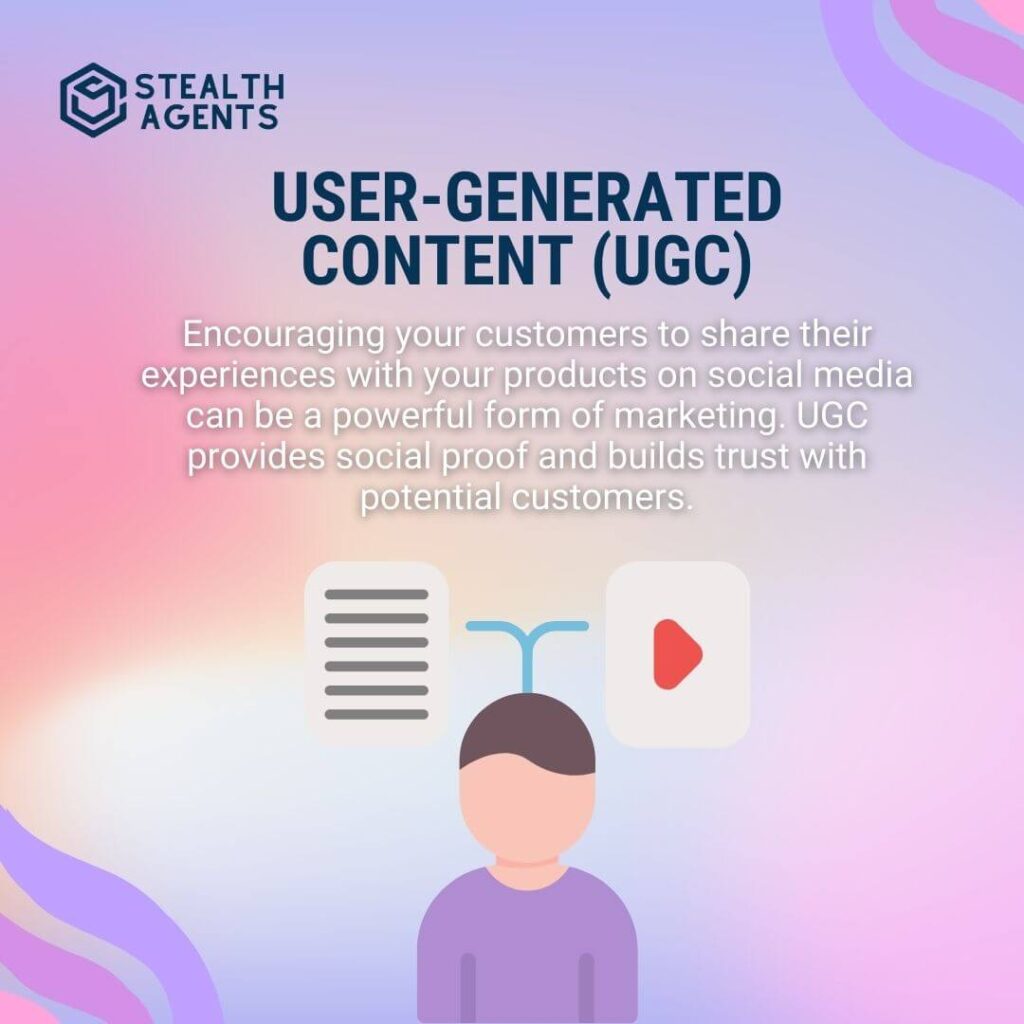
9. Remarketing
Remarketing allows you to target customers who have previously visited your website but did not purchase. This can help remind them of your products and encourage them to complete their purchase.
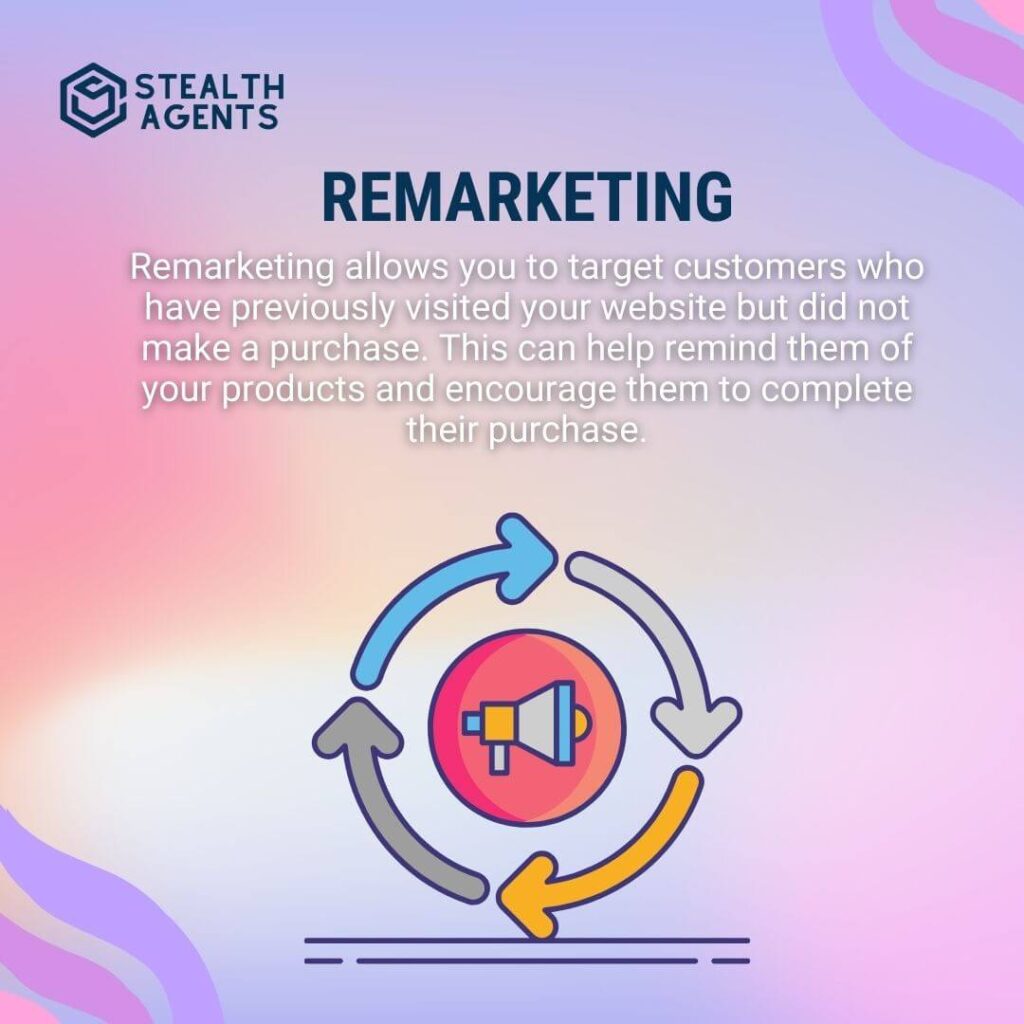
10. Personalization
Personalizing each customer’s shopping experience can significantly improve conversion rates. This can include tailored product recommendations, personalized emails, and targeted ads.
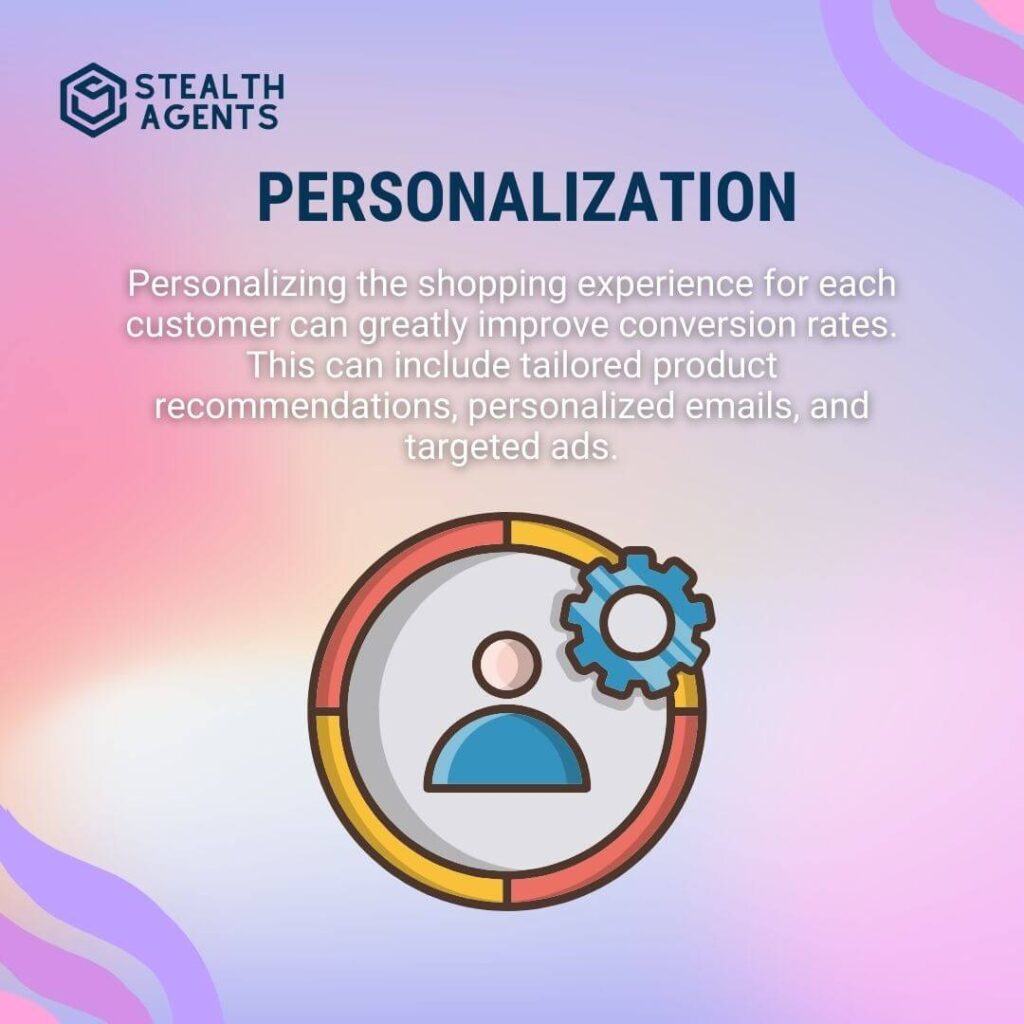
11. Mobile Optimization
With more people using their mobile devices to shop online, having a mobile-friendly website is crucial. This includes optimizing for smaller screens, fast loading times, and easy navigation.
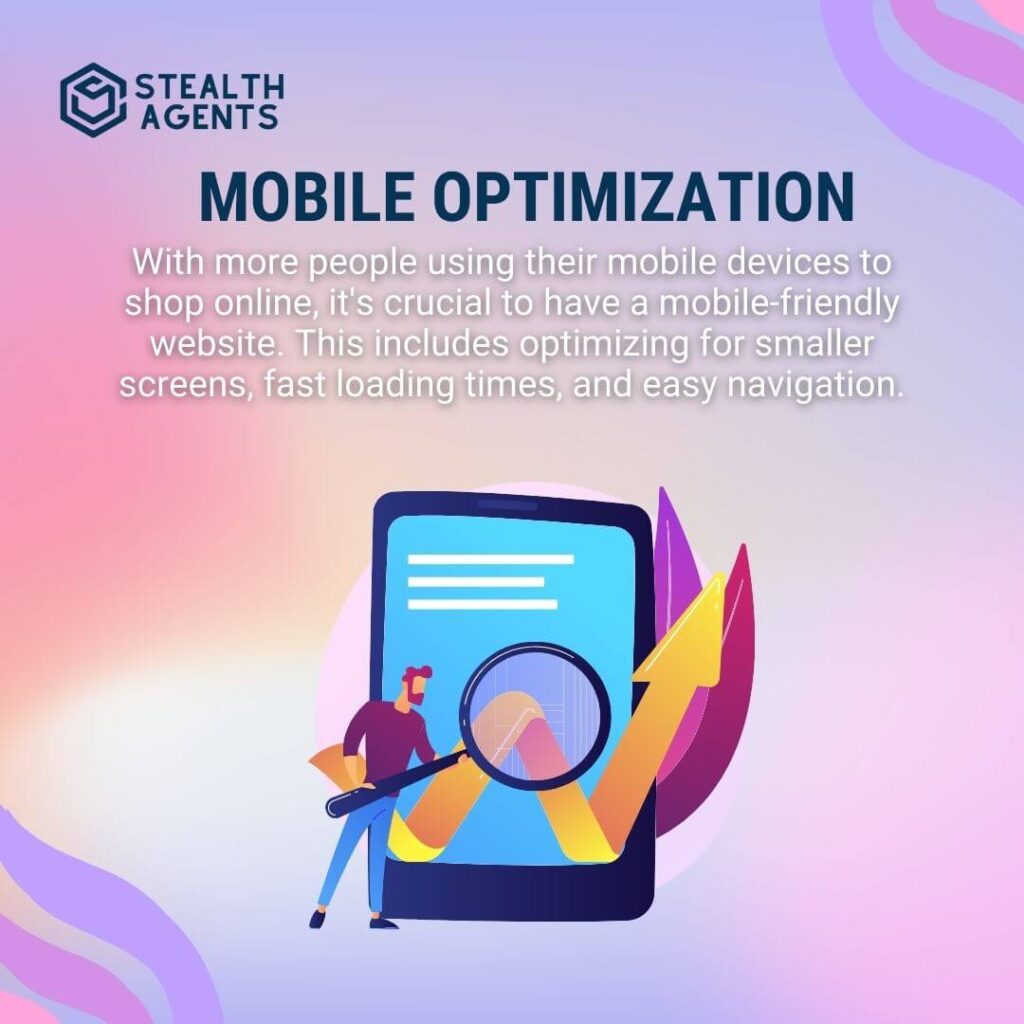
12. Video Marketing
Video content is becoming increasingly popular for promoting products and engaging with customers. It lets you showcase your products and personally connect with your audience.
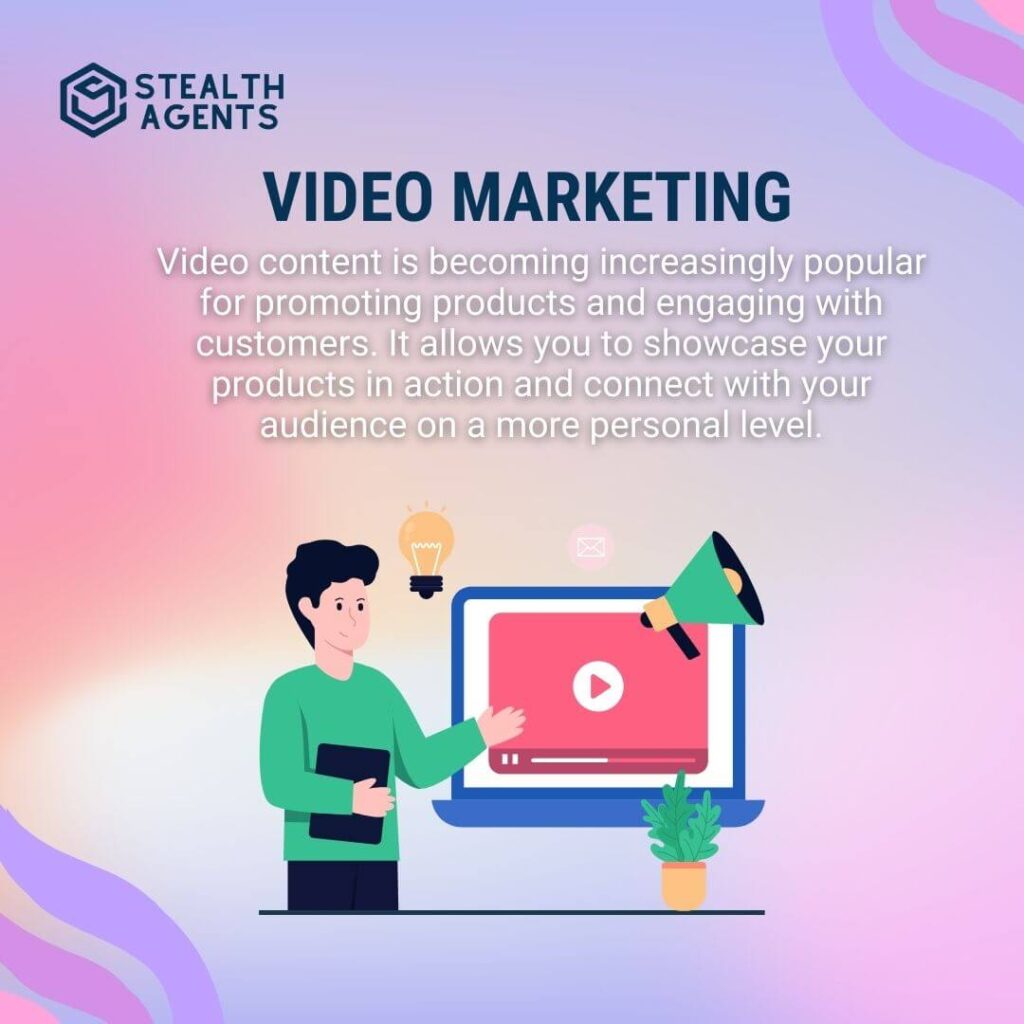
13. Social Proof
Social proof, such as customer reviews and ratings, can significantly influence purchasing decisions. Make sure to highlight positive feedback on your website and social media channels.
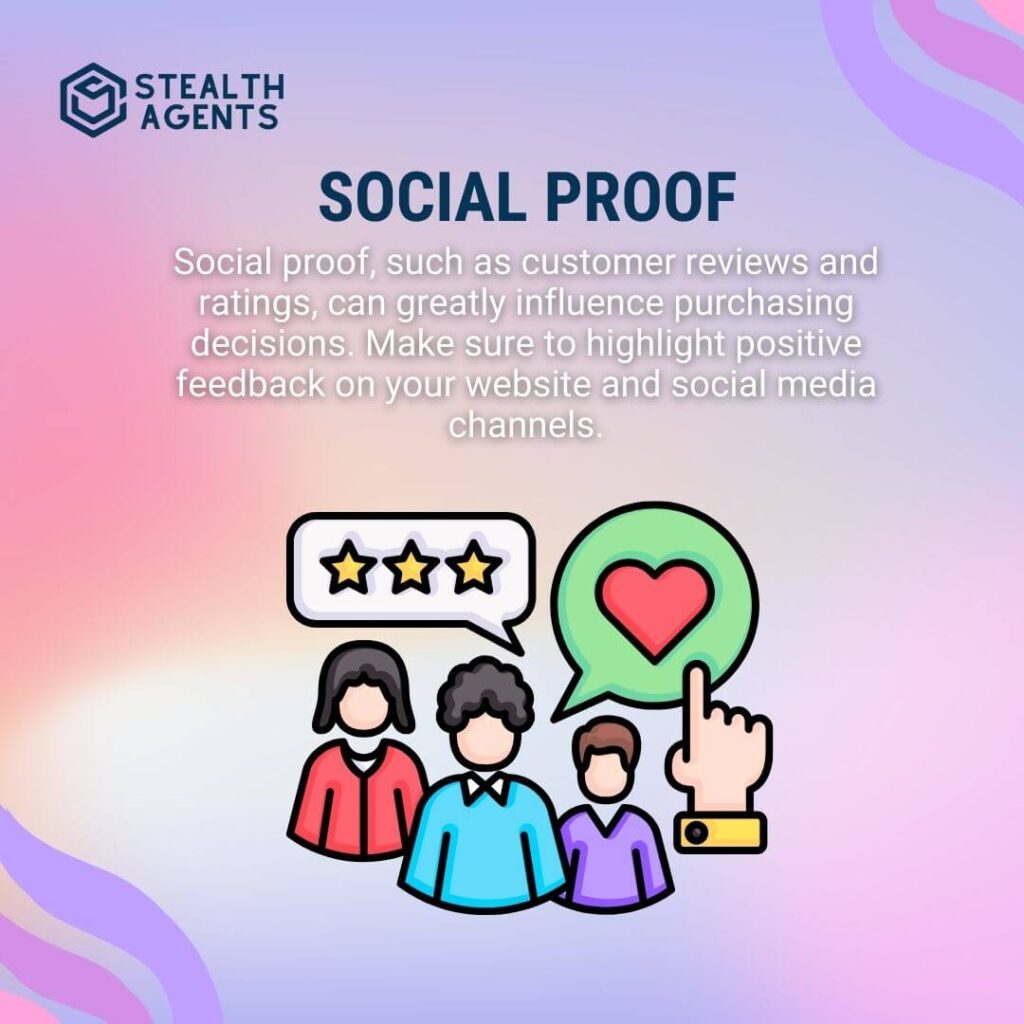
14. Retargeting Ads
Like remarketing, retargeting ads target customers who have previously shown interest in your products. This can be an effective way to bring them back to your website and encourage a purchase.
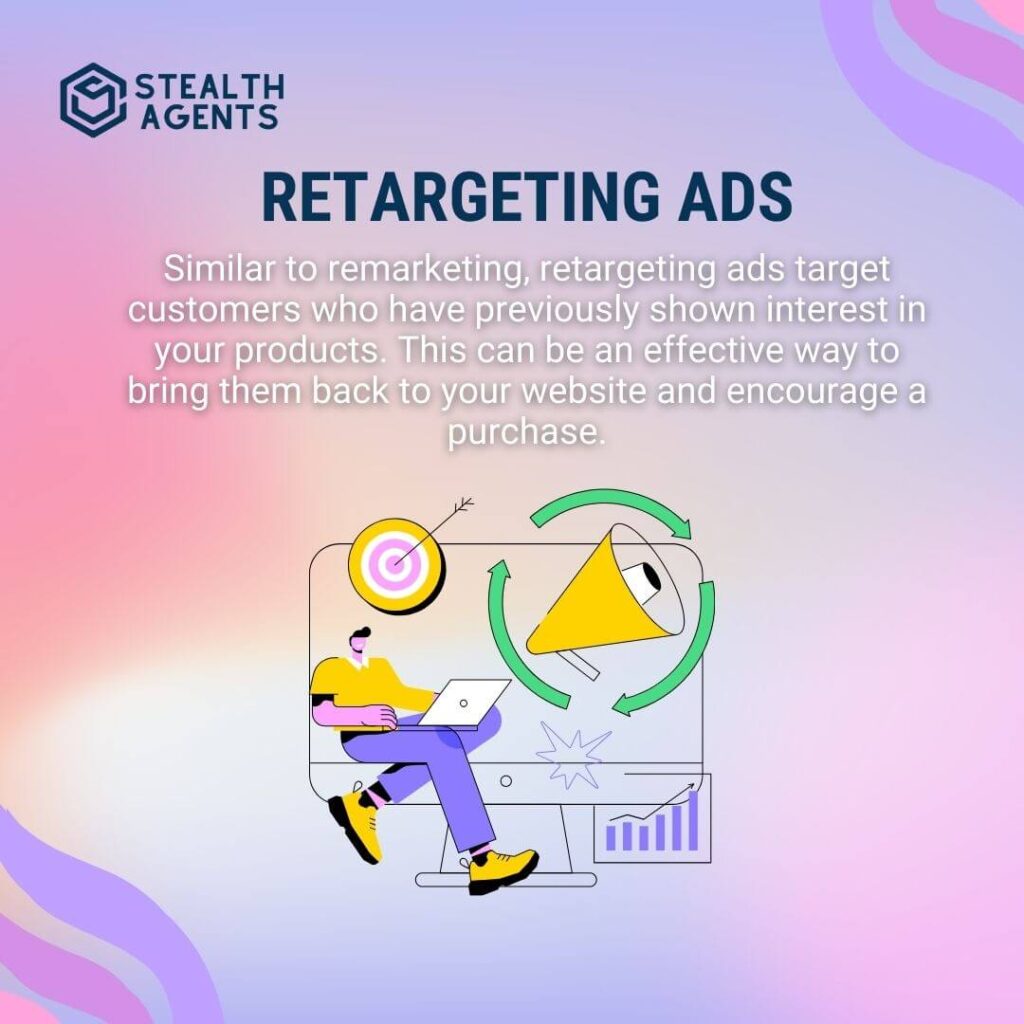
15. Partnering with Brands and Businesses
Collaborating with other brands or businesses with a similar target audience can help increase your reach and attract new customers.
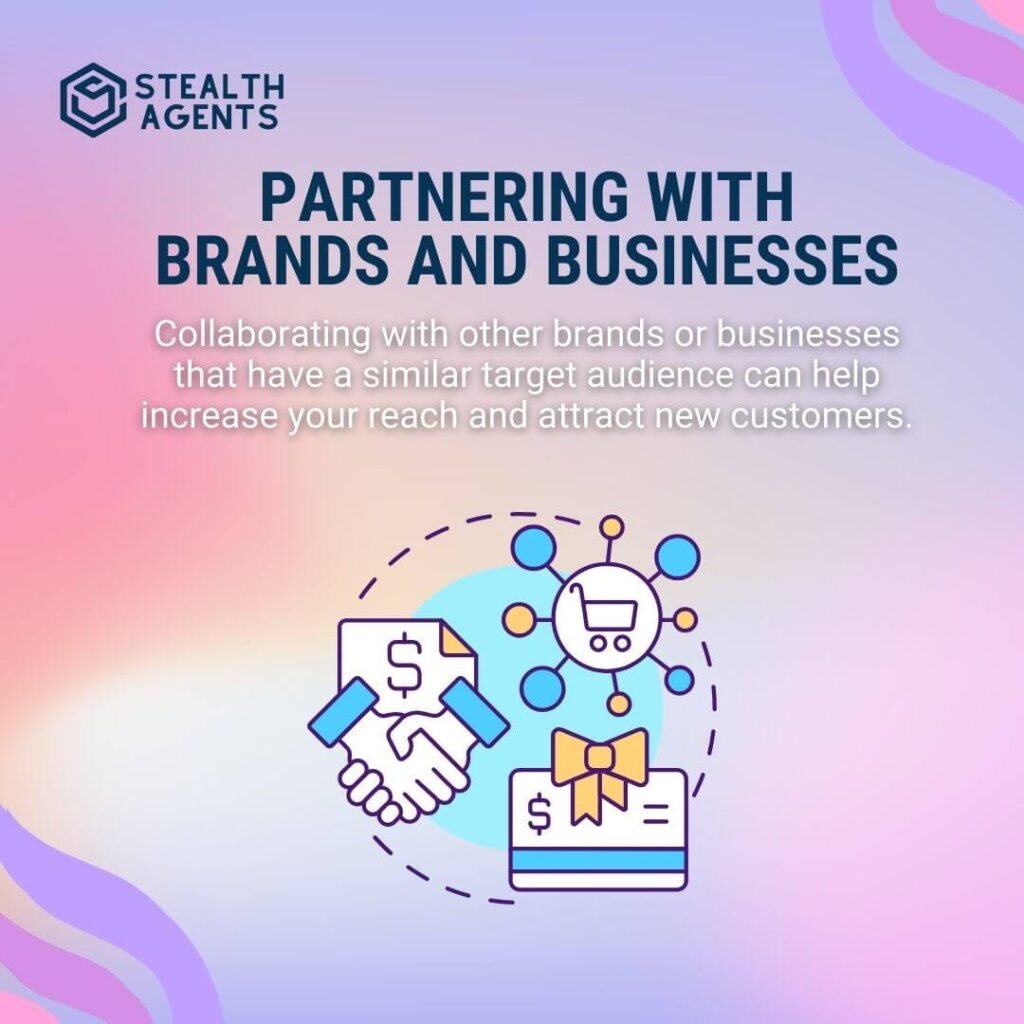
16. Contests and Giveaways
Hosting contests or giveaways on social media is a great way to generate buzz and attract new followers. You can also use this to collect email addresses for future marketing efforts.

17. Local SEO
If you have a physical store, optimizing for local search is crucial for attracting nearby customers. This includes claiming your Google My Business listing and including location-based keywords on your website.
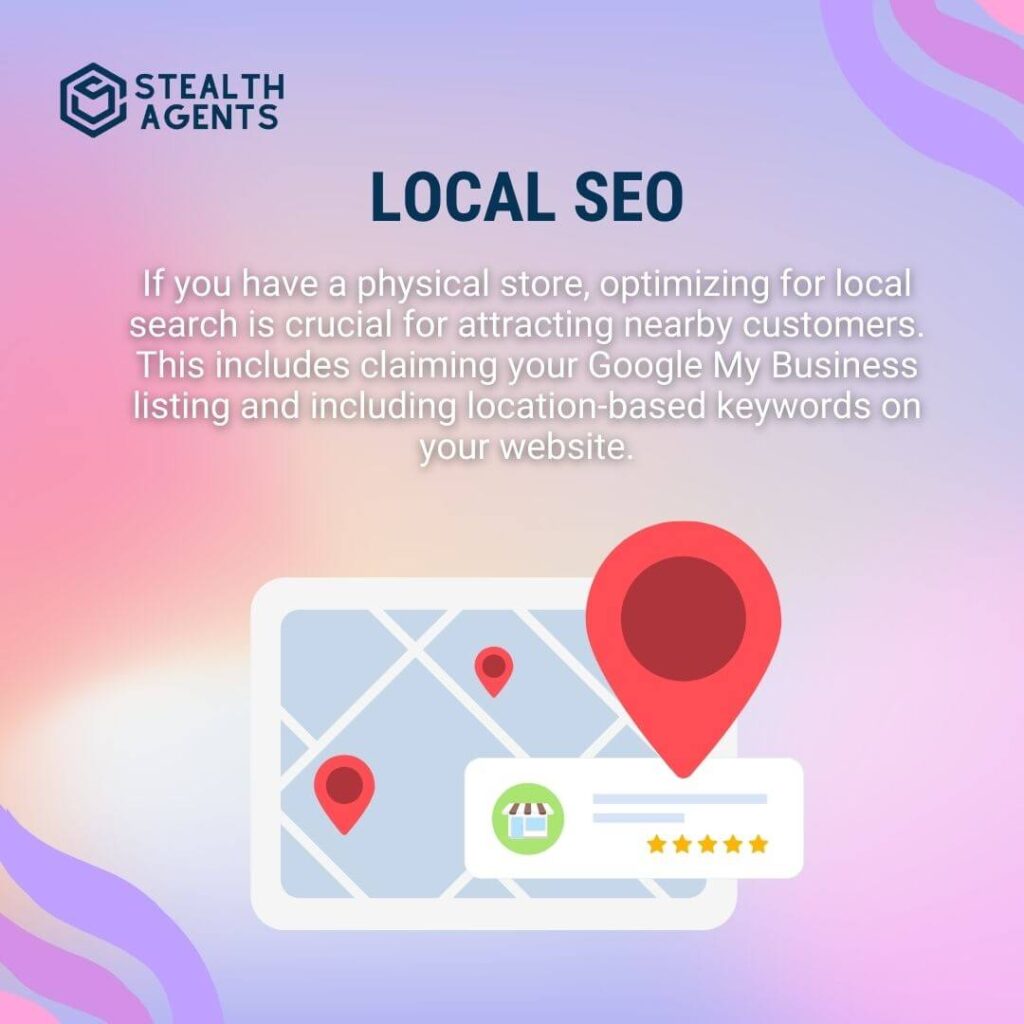
18. Influencer Takeovers
Allowing influencers to take over your social media accounts for a day can help reach their audience and bring more attention to your brand.
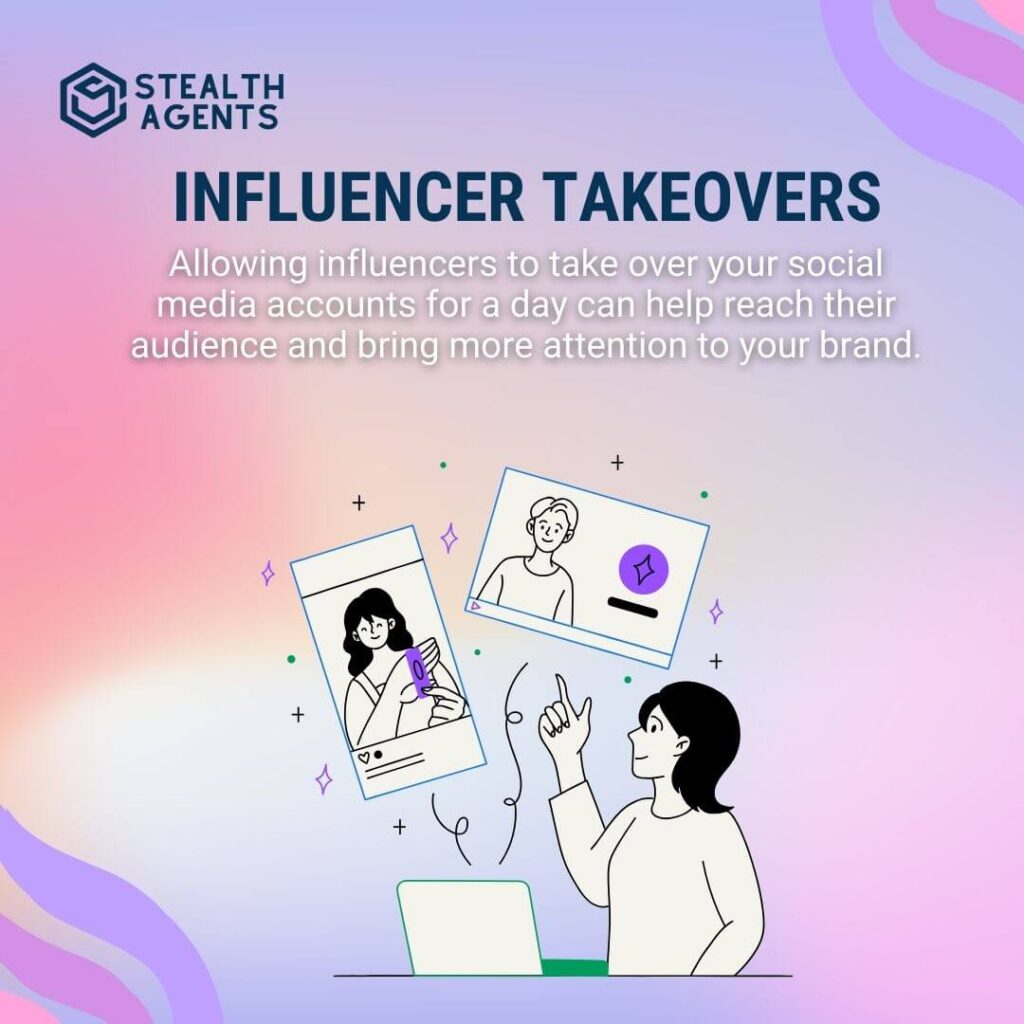
19. Chatbots
Chatbots can provide instant customer service and support, making the shopping experience more convenient for customers. They can also assist with product recommendations and upselling.
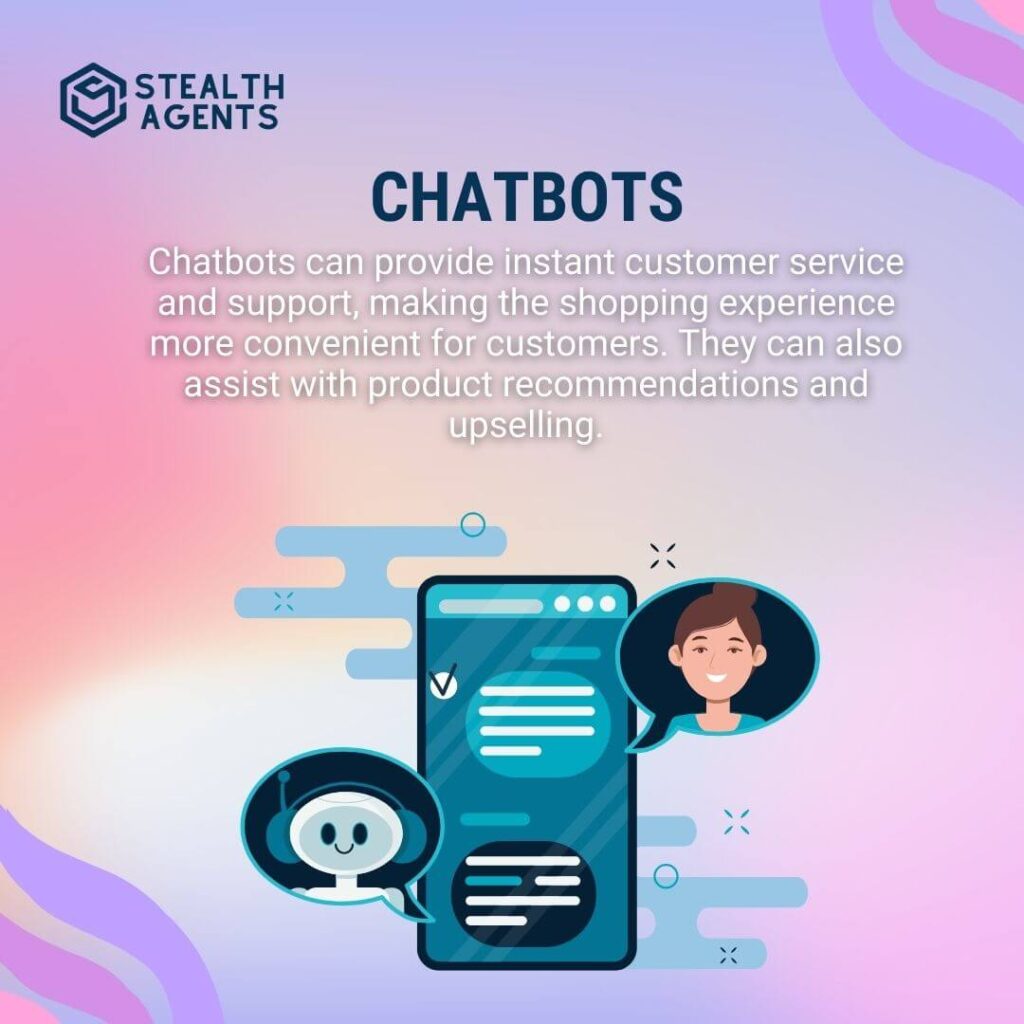
20. Customer Loyalty Programs
Implementing a customer loyalty program can encourage repeat purchases and build brand loyalty. This can include offering loyal customers discounts, rewards, and exclusive perks.
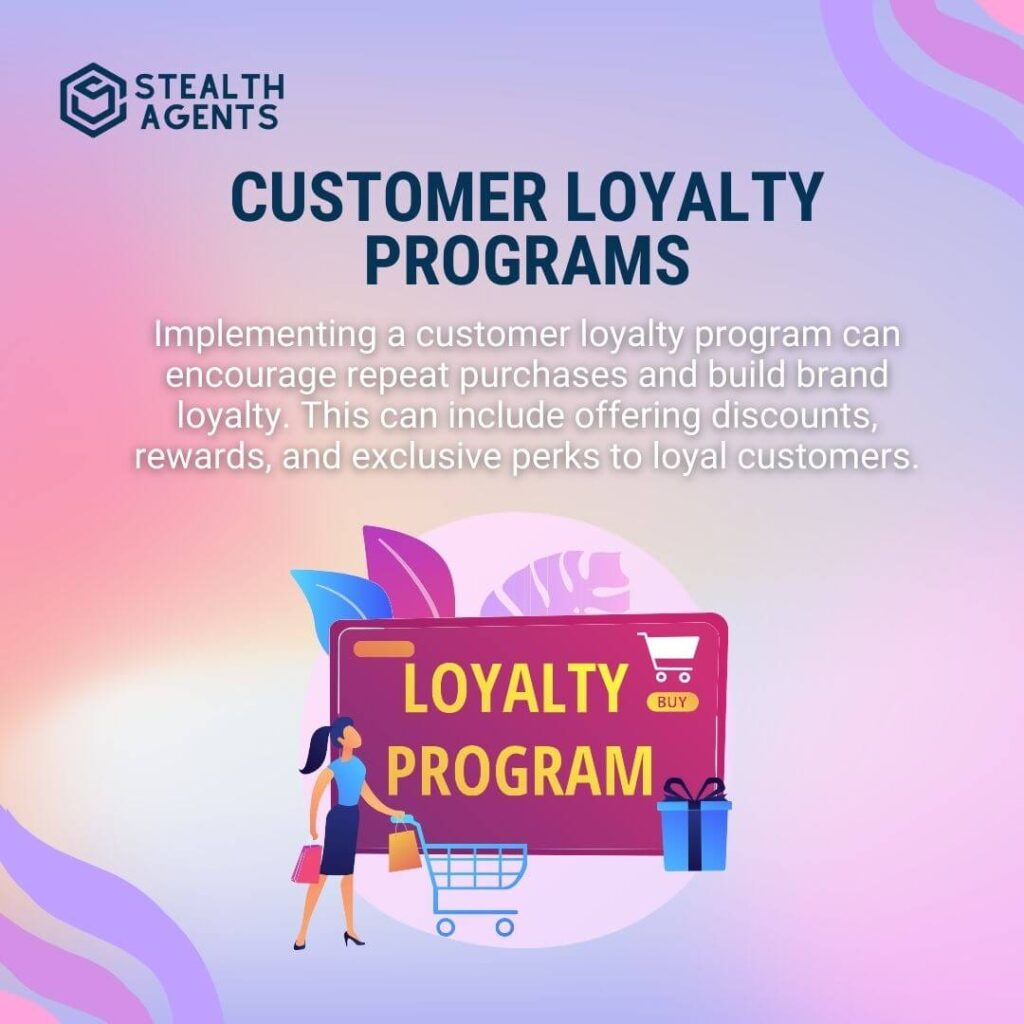
21. Social Media Stories
Utilizing the story feature on social media platforms can help create a sense of urgency and FOMO (fear of missing out) among your followers.
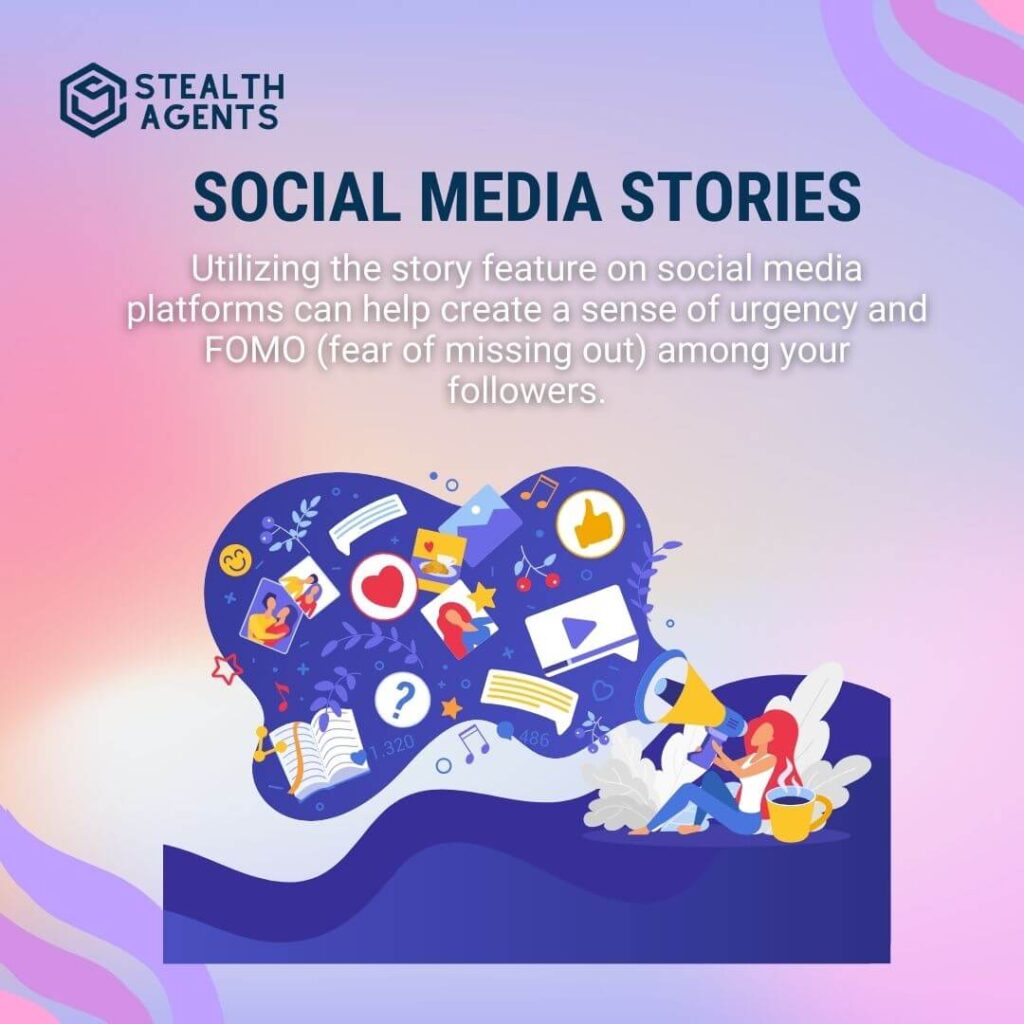
22. Live Streaming
Live streaming allows you to showcase new products, answer customer questions in real-time, and engage with your audience more personally.
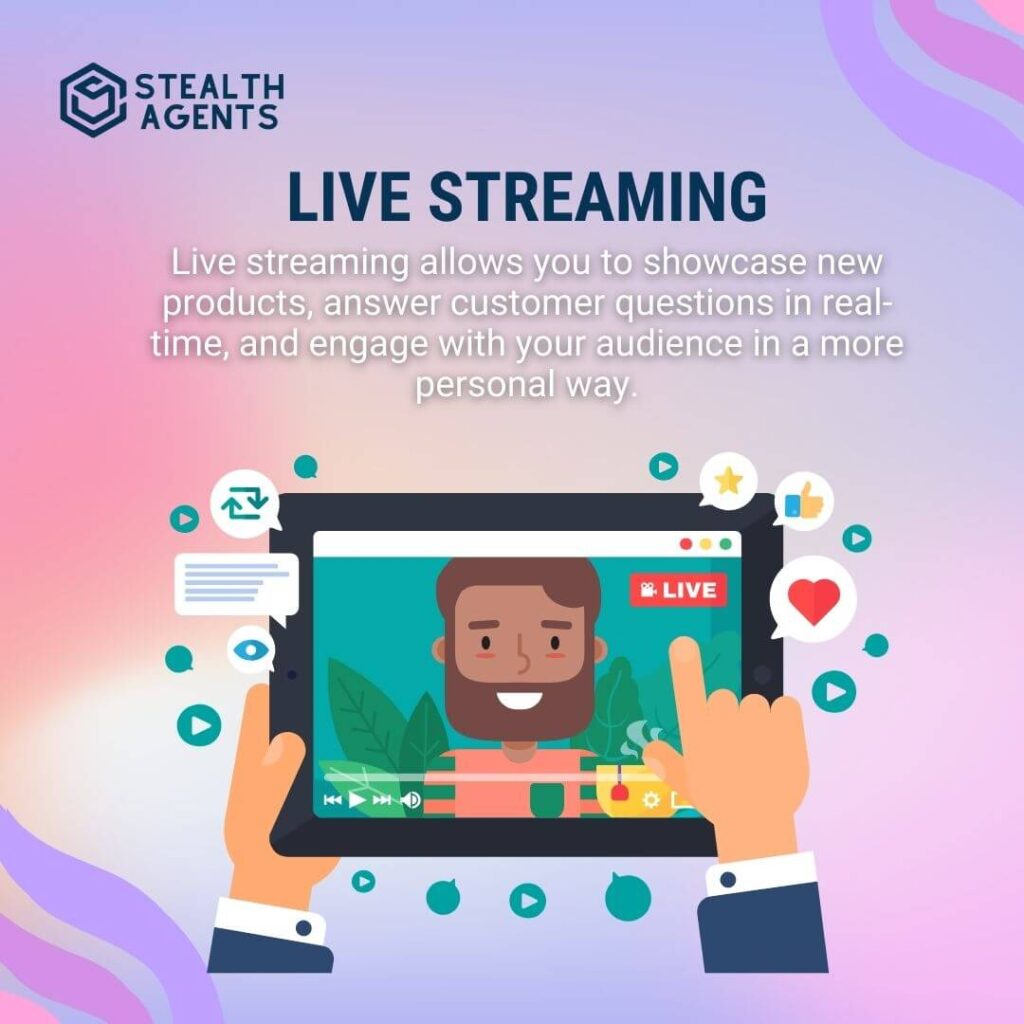
23. User-Friendly Website Design
Having a user-friendly website is crucial for converting visitors into customers. This includes easy navigation, fast loading times, and a seamless checkout.
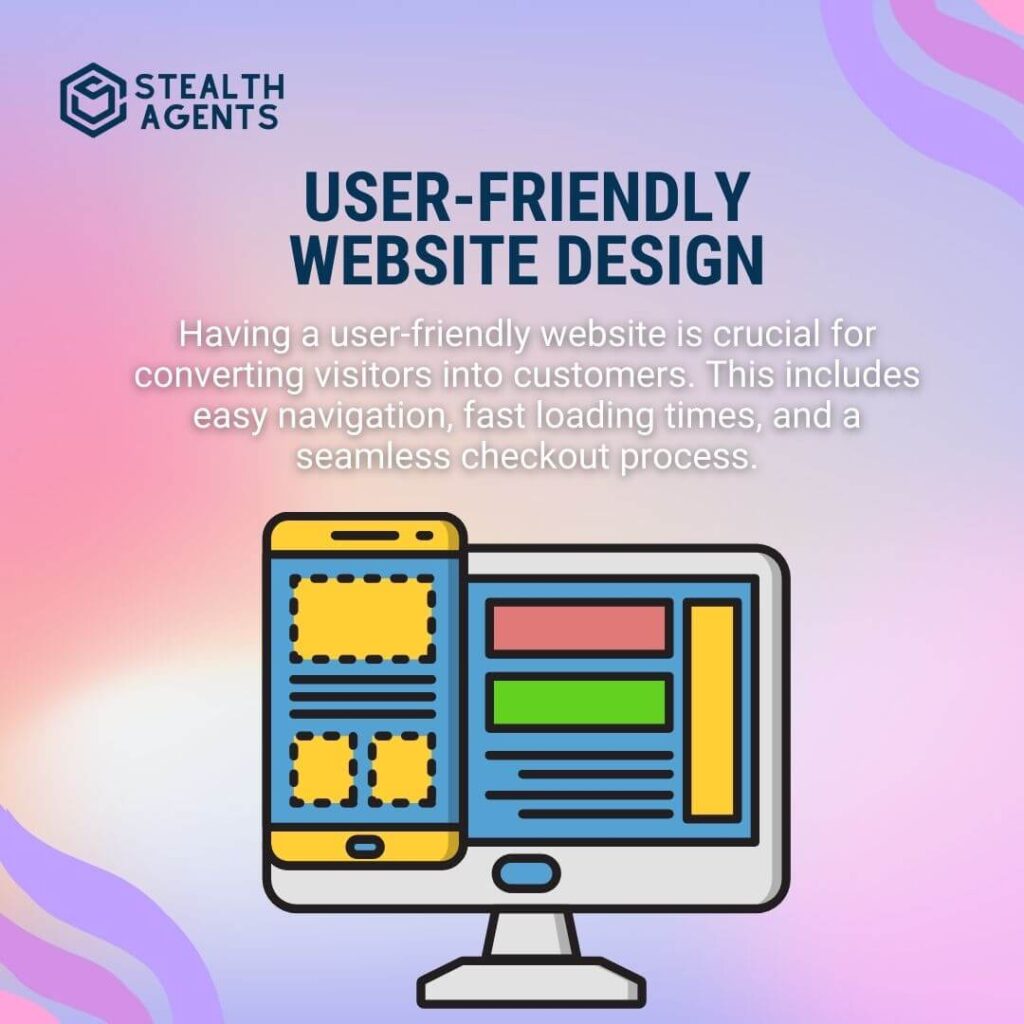
24. Virtual Events
Hosting virtual events such as webinars or workshops can help establish your brand as an authority in your industry and attract potential customers.
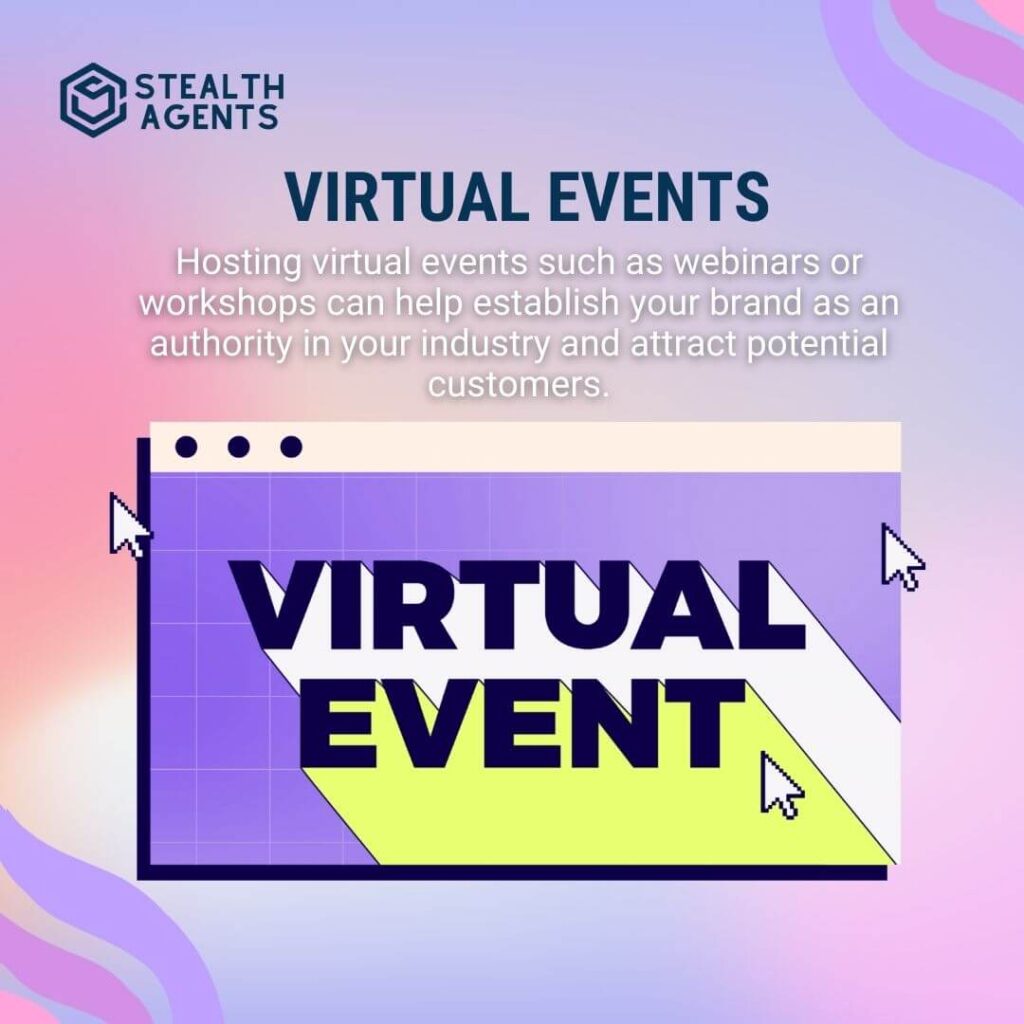
25. Native Advertising
Native advertising involves creating sponsored content that seamlessly blends in with the platform it’s displayed on. This can help increase brand awareness and reach a larger audience.

Takeaways
Mastering e-commerce marketing strategies is pivotal for businesses striving for digital success. These marketing strategies in e-commerce are indispensable tools that elevate visibility, enhance sales and secure customer loyalty.
A holistic approach, incorporating diverse e-commerce marketing techniques such as SEO, social media, and personalized emails, can significantly amplify your brand’s online footprint. In this rapidly evolving digital era, staying informed and agile with new e-commerce marketing strategies is the key to outpacing competitors.
Utilizing data analytics to gain insights into customer preferences allows for more refined and practical marketing efforts. It’s crucial to choose these e-commerce marketing strategies wisely and execute them consistently and precisely.
By doing so, you can ensure your business remains competitive and relevant.
To optimize these strategies and streamline your operations, consider employing virtual assistant services from Stealth Agents to boost your e-commerce success.

